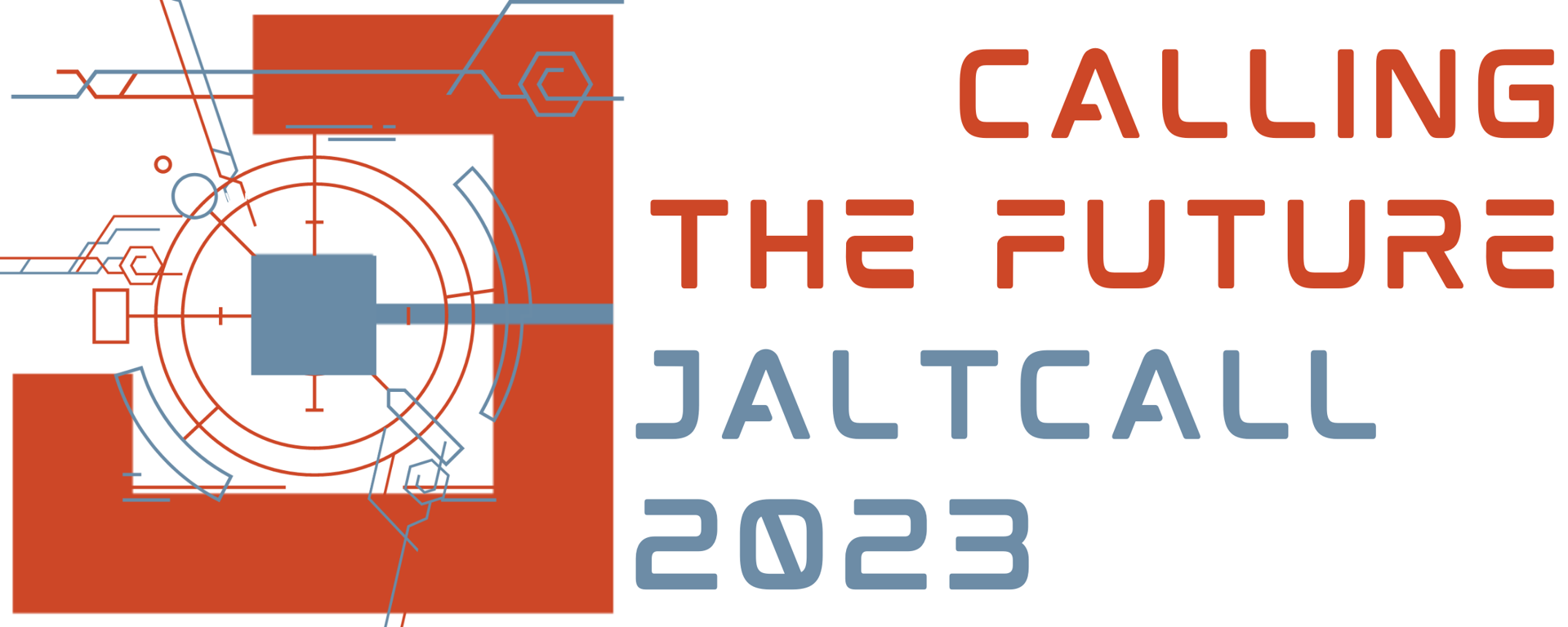2023-06-04, 13:30–14:00 (Asia/Tokyo), C1
Language: English
Telecollaboration has been shown to improve perceived intercultural competence (e.g., de Castro et al., 2018; Lázár, 2014) and language competence (e.g., Casañ-Pitarch et al., 2020) and is a way to motivate students to use their second language. In the current study, the researchers used telecollaboration to connect students at universities in the US (third-semester Japanese language learners) and Japan (third-year English majors in a seminar course) to complete a game development project. The purpose of this collaboration was to provide opportunities for both sides to communicate in their second language, act as cultural informants, learn about other cultures, and increase their intercultural competence. We collected students’ perceptions at the beginning, middle, and end of the collaboration via online surveys.
In this presentation, we will explain the background to this collaboration, provide the discussion prompts, and describe the game design project. Based on student surveys, we will discuss the students’ perceptions of the project and their intercultural and language learning. Based on both the students’ and our own insights, we will discuss the successful aspects of the collaboration, aspects that led to difficulties, and ideas for improving future collaborations.
Students at US and Japanese universities collaborated on a game development project. We will discuss the students’ perceptions, successful and less successful aspects, and ideas for improving future collaborations.

